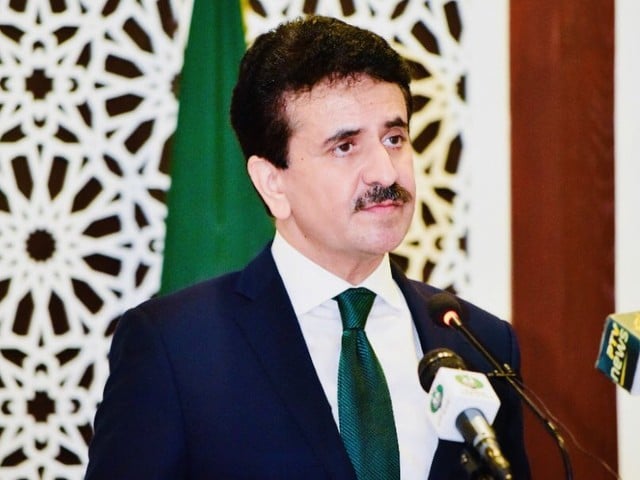Europe Parliament To Withdraw Pakistan's GSP+ Status Over Abuse Of Blasphemy Laws
Pakistan was obliged to implement 27 core conventions on human rights, environmental protection, and good governance to keep GSP+ status, Europe stated.
Written By
Zaini Majeed



IMAGE: AP/EU parliament/ODF
European Parliament on Monday declared that it was withdrawing Pakistan’s GSP+ status over the controversial Blasphemy laws. Earlier in April, the EU had adopted a joint motion for a resolution on the blasphemy laws in Pakistan as it urged the Islamic Republic to opt for a more comprehensive approach to address the abuses of blasphemy laws. Pakistan attracted condemnation for convicting a Christian couple of blasphemy in an apex court, who were both handed death by hanging sentence in 2013 despite that the couple was illiterate and the alleged blasphemous message was in English.
An EU political report published on July 26 by Philippe Jeune highlighted that Islamabad was trading opportunities offered by the EU Generalised Scheme of Preferences (GSP) as a major beneficiary.
“From January 1, 2014, Pakistan has benefited from generous tariff preferences (mostly zero duties on two-thirds of all product categories) under the so-called GSP+ arrangement aiming to support sustainable development and good governance,” the declassified report read. It goes on to add that Pakistan was obliged to ratify and effectively implement 27 core international conventions on human and labour rights, environmental protection, and good governance in order to keep its GSP+ status intact.
READ |
Pakistan-occupied Kashmir polls affected by violence; Opposition mulls 'calling India'
However, in view of the global condemnation of Pakistan’s controversial Blasphemy Laws, the European Parliament has called into question the status quo of the country's GSP+ benefits.
“Abuse of Blasphemy Laws in Islamabad is a major concern, and cases have been widely reported,” the EU political report alleged. A Joint Motion for a Resolution, backed by all major global political groups, and MEPs, pushed the EU to conduct an immediate review of Pakistan’s eligibility for GSP+ status earlier this year. The decision, considered appropriate, was the withdrawal of Islamabad’s status.
READ |
Pakistan: 'Barbaric murder' of former ambassador's daughter triggers outrage
The EU scrapped Pakistan’s GSP+ status, stating that the parliamentarians agreed that Pakistan exploits citizens under the blasphemy laws, which the country uses to “incite harassment, violence, and murder against those being accused, causing people who are accused of blasphemy to have to fear for their lives regardless of the outcome of judicial procedures.” The report further quoted the EU parliament as saying that Pakistan’s Blasphemy laws were often abused to serve in the interest of the accuser and that the country has the highest rate of enforcement of blasphemy laws. Victims of blasphemy were sentenced to death for defamation of Islam, or defamation of the prophet.
READ |
Pakistan army says 46 Afghan soldiers cross border seeking refuge amid Taliban offensive
USCIRF found blasphemy laws in 85 countries 'criminalized expression'
Earlier, The United States Commission on International Religious Freedom (USCIRF) released a groundbreaking report that found nearly eighty-four countries worldwide maintained laws that criminalized expression which insulted or offended the religious doctrines. The USCIRF highlighted illustrative examples to demonstrate the plethora of ways that governments’ enforcement of blasphemy laws undermines human rights, including freedom of religion or belief and freedom of expression. “USCIRF has consistently called on countries to abolish blasphemy laws,” said USCIRF Vice Chair Tony Perkins. “The existence of blasphemy laws empowers extremists to take the law into their own hands and employ violence extrajudicially. In just one example, we have recently seen a devastating uptick in mob violence related to blasphemy allegations in Pakistan.”

www.republicworld.com






